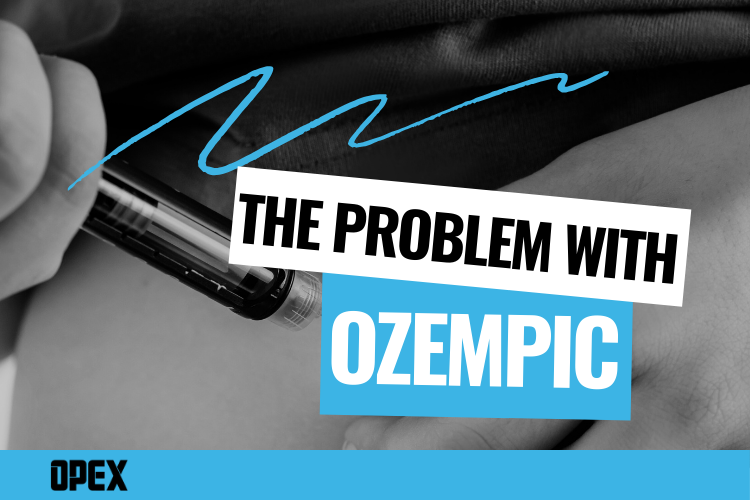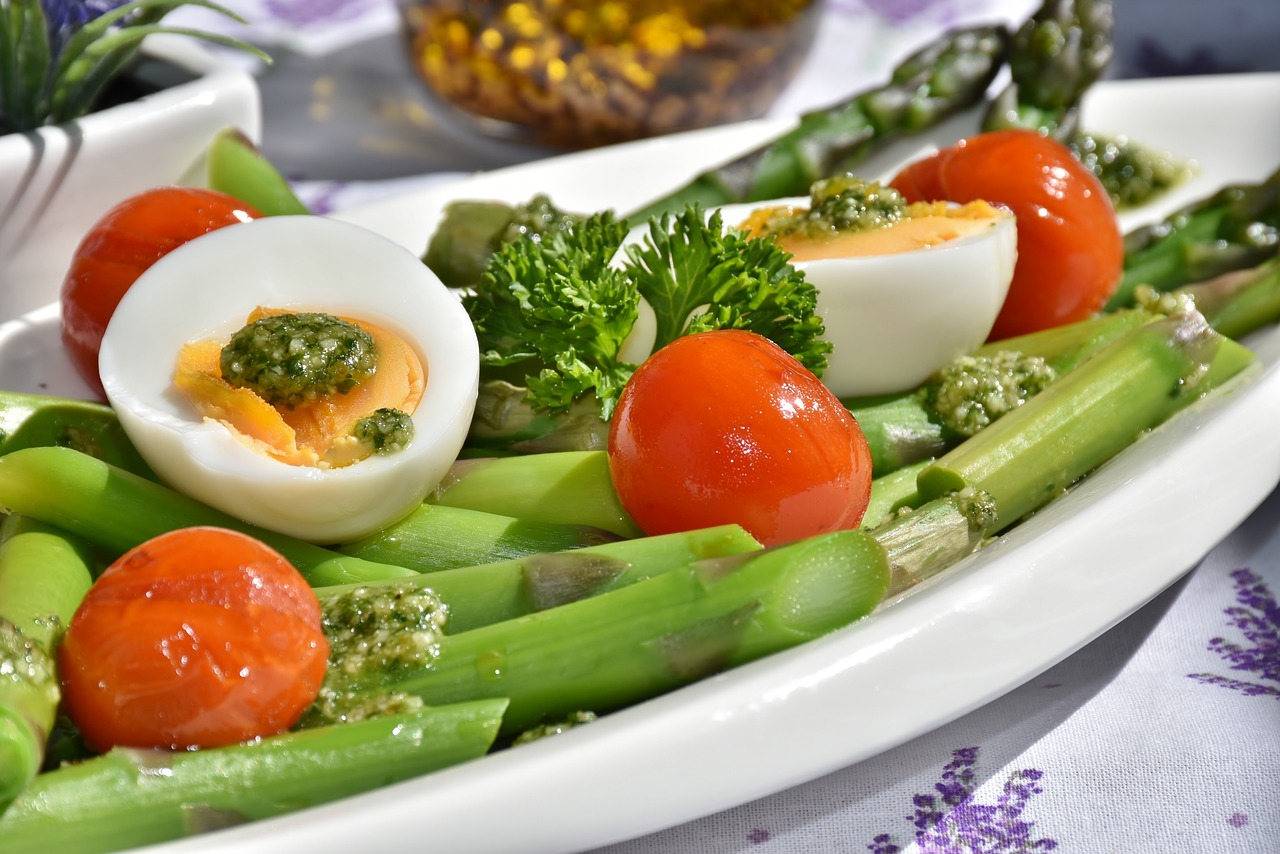
What You’ll Learn in the Video:
The Current Perception: Understand the mixed reactions to Ozempic, from public enthusiasm to serious concerns within the fitness community.
-
Deep Dive into Ozempic’s Impact: Examine the drug’s effects on individual health and societal trends, with a focus on why it’s seen as a problematic solution by many fitness professionals.
-
Alternative Approaches: Discuss the foundational issues leading to obesity and why a holistic approach to health is crucial.
-
Educational Opportunities for Coaches: Learn how fitness coaches can play a pivotal role in addressing the root causes of health issues through education and community involvement.
Key Segments:
-
Reaction at a Fitness Conference: Initial surprise at the industry’s acceptance of Ozempic.
-
Public Opinion on Ozempic: Insights from new research on how Americans view this drug.
-
Calley Means on Ozempic: Critical viewpoints on the misuse of the drug and the broader health implications.
-
Challenges in the Fitness Industry: How coaches can effectively educate and guide their clients towards healthier lifestyle choices without relying on pharmaceutical solutions.
Video Chapters:
-
0:00 Intro
-
0:28 CEO Interview Highlight
-
1:01 Public Sentiment on OIC
-
3:12 Pew Research Data Insights
-
4:12 Stats & Opinions on OIC’s Effectiveness
-
6:02 Factors Influencing Obesity
-
7:01 Analyzing Short-Term Fixes vs. Long-Term Solutions
-
8:15 Interview with Cie on Tucker Carlson Show
-
9:21 Industry Contribution to Obesity Epidemic
-
10:01 OIC as a Quick Fix Approach
-
11:03 EU’s Stance on OIC
-
12:09 Medical Concerns Associated with OIC
-
15:02 Industry Misuse of OIC
-
16:13 Conclusion: The Call for Sustainable Health Practices
The Dubious Rise of Ozempic in the Fitness Industry
Recently, I attended a health and fitness summit teeming with industry leaders, from coaches to CEOs and founders of prominent fitness companies worldwide. I expected discussions on innovative educational tools for coaches and strategies to propel the fitness industry forward. Instead, the focus was jarringly different. Ozempic, a drug originally designed for managing diabetes but now widely used for weight loss, dominated conversations. This article discusses the implications of this trend, public perception, and the broader impact on health and wellness.
Ozempic’s Surprising Role at the Summit
The summit’s atmosphere around Ozempic was not of caution but of excitement about its potential in achieving rapid weight loss results. This starkly contrasted with my expectations of a focus on sustainable health practices. The enthusiasm seemed misplaced, ignoring the drug’s side effects and its position as a temporary solution rather than a part of holistic health management.
Public Opinion on Ozempic
Recent data from Pew Research sheds light on how Americans view Ozempic. While 53% consider it a viable option for weight loss for those struggling with obesity or weight-related health conditions, a significant portion remains skeptical or uninformed about its long-term utility and safety. The survey also highlights a critical perspective on weight loss and health:
-
65% believe willpower alone isn’t sufficient for losing weight
-
Diet and exercise lead public opinion on effective strategies against obesity
-
Overwhelmingly, lifestyle changes are recognized as necessary for sustainable health improvements
Addressing the Root Causes of Weight Issues
One concerning trend is the shifting focus from addressing lifestyle diseases through holistic methods to seeking quick fixes. Ozempic, despite its effectiveness for some, may not address the underlying causes of obesity, which include poor diet, lack of exercise, stress, and genetic factors. A friend and industry expert shared his insights, expressing dismay at how the drug’s potential downsides were glossed over at the summit.
The Larger Conversation: Ethics and Health
The excitement at the summit around Ozempic mirrors a larger issue in the healthcare and pharmaceutical industries, where the potential for profit too often overshadows patient well-being. My friend pointed out that while the drug is making strides in America, its usage is restricted in Europe where it’s not approved as a first-line treatment for obesity due to its associated risks and limited long-term benefits.
Community and Lifestyle Focus in Fitness
Moving forward, it’s vital for health professionals to advocate for education and lifestyle changes rather than just pushing medical solutions. Attending local workshops, participating in community health programs, and spreading awareness about nutrition and exercise can make profound impacts. These activities not only improve individual lives but also set the foundation for a healthier society.
Concluding Thoughts
The discussion around Ozempic at the fitness summit was an eye-opener. It’s clear that as fitness professionals, we must critically assess how new drugs are introduced into the health conversation. We need an open dialogue about the implications of such treatments, recognizing both their potential benefits and significant drawbacks. While Ozempic offers a new tool in our arsenal against obesity, it’s crucial to remember that it’s not a standalone solution. True health advancements occur through sustained lifestyle improvements and community-wide education efforts. Let’s aim to be part of a movement that prioritizes long-term health over temporary fixes.
For more insights and discussions on critical health topics, make sure to subscribe to our channel and stay updated with our latest content.
Next Steps
Become A Professional Coach.
Wherever you are on your coaching journey, learn a repeatable and proven system to simplify program design and build a sustainable career. See how the Coaching Certificate Program with 1:1 Mentorship can help you find your version of success as a professional coach.
Elevate Your Coaching Business
CoachRx empowers fitness coaches to excel in program design, nurture client relationships, and scale their businesses with unparalleled efficiency and insight. Discover why CoachRx is the preferred choice for fitness coaches seeking to differentiate and deliver exceptional services.
Continue To Learn & Grow
Whether you want to write better training programs, increase your knowledge of nutrition & lifestyle protocols, or work on your coaching business, LearnRx has got you covered with courses, playlists, tools, and resources on demand. New content added monthly.





